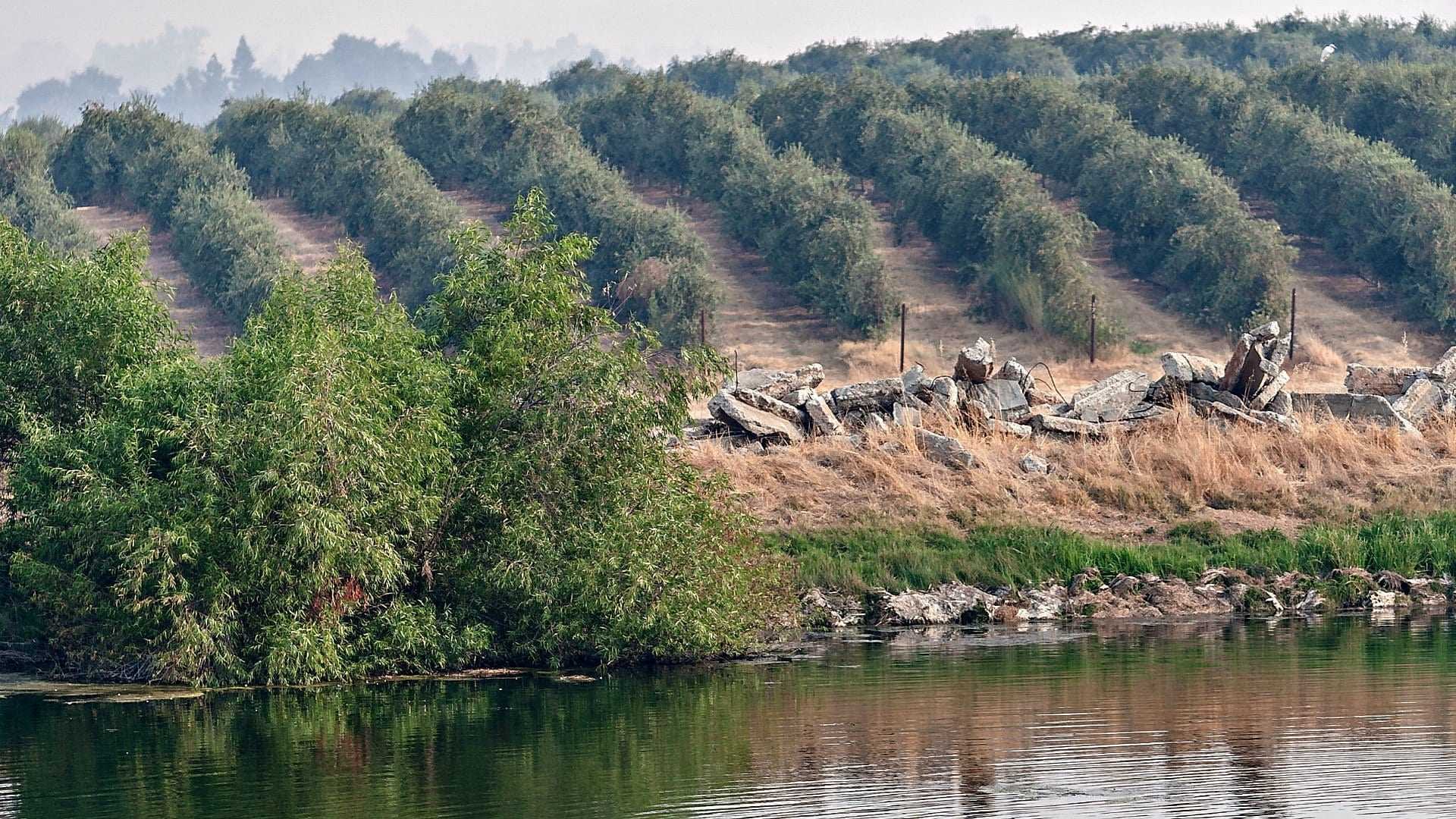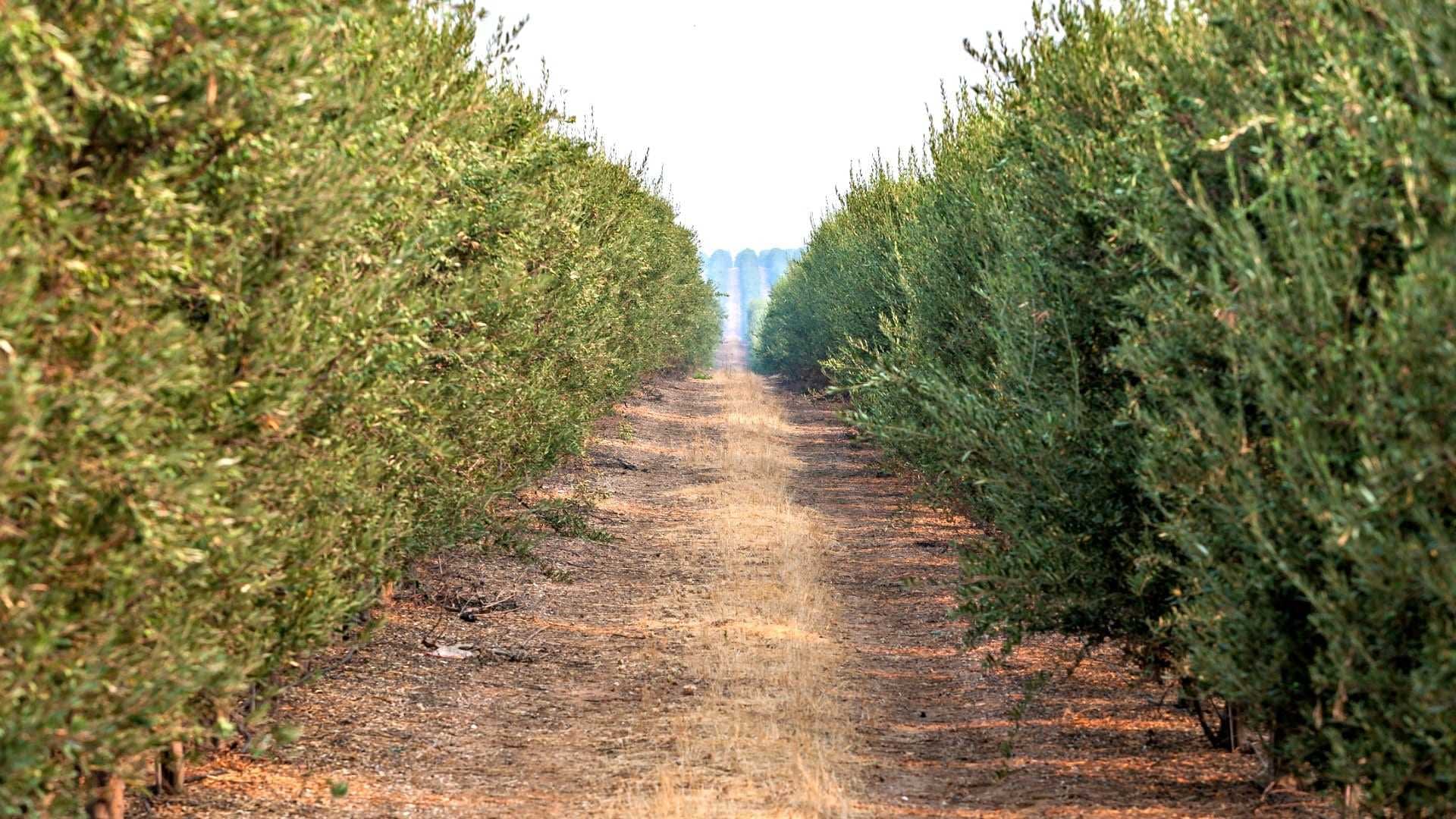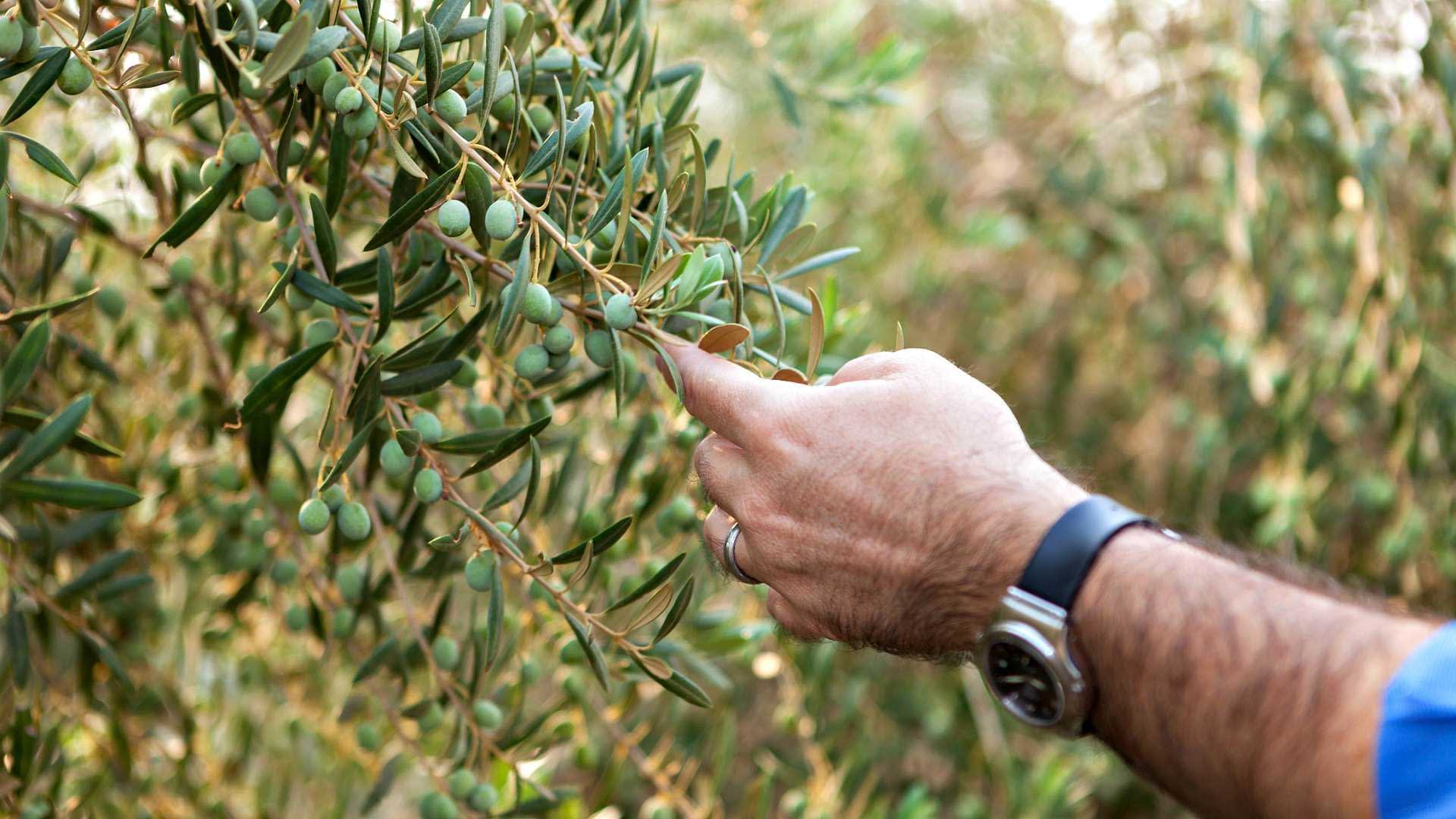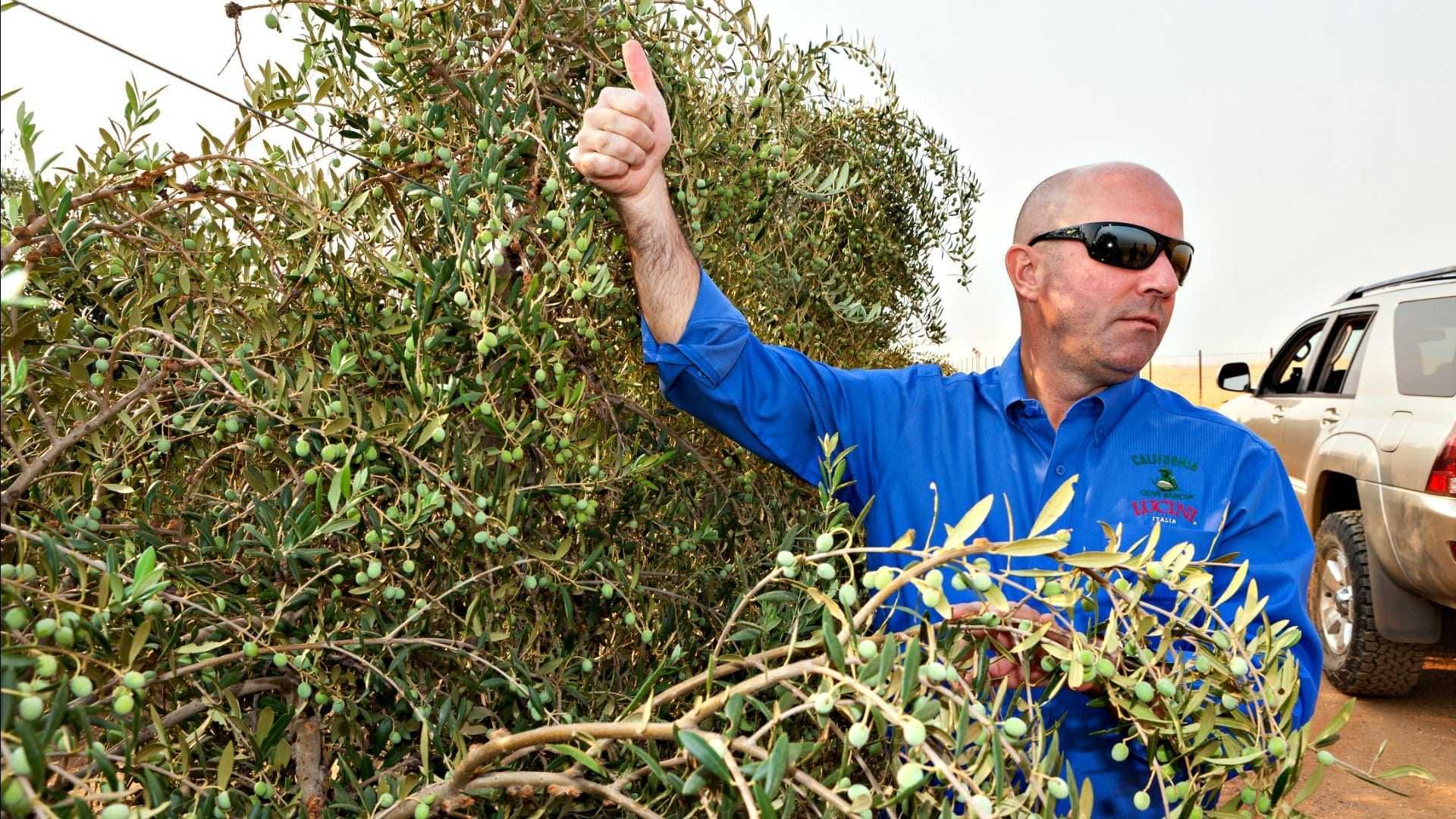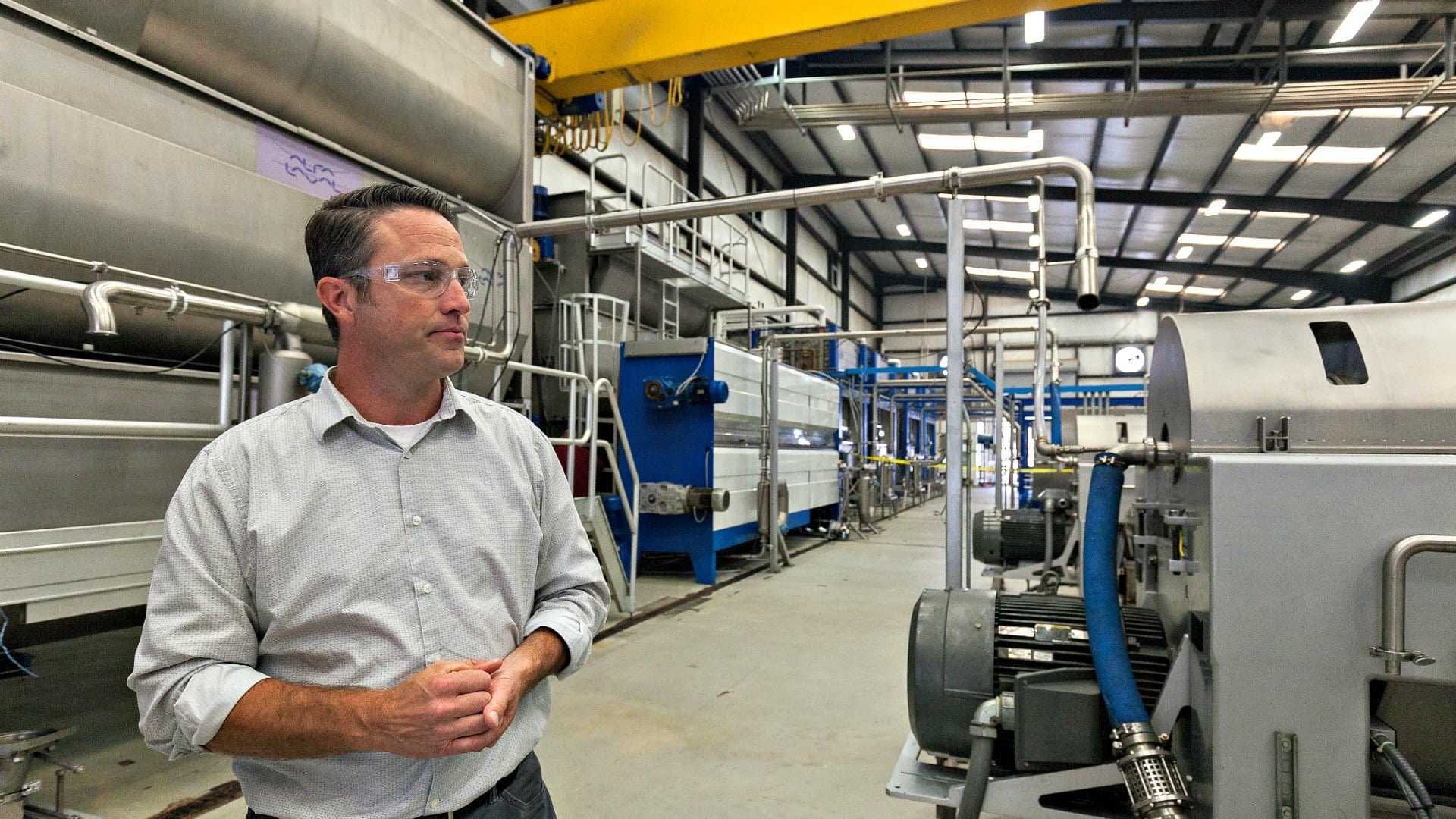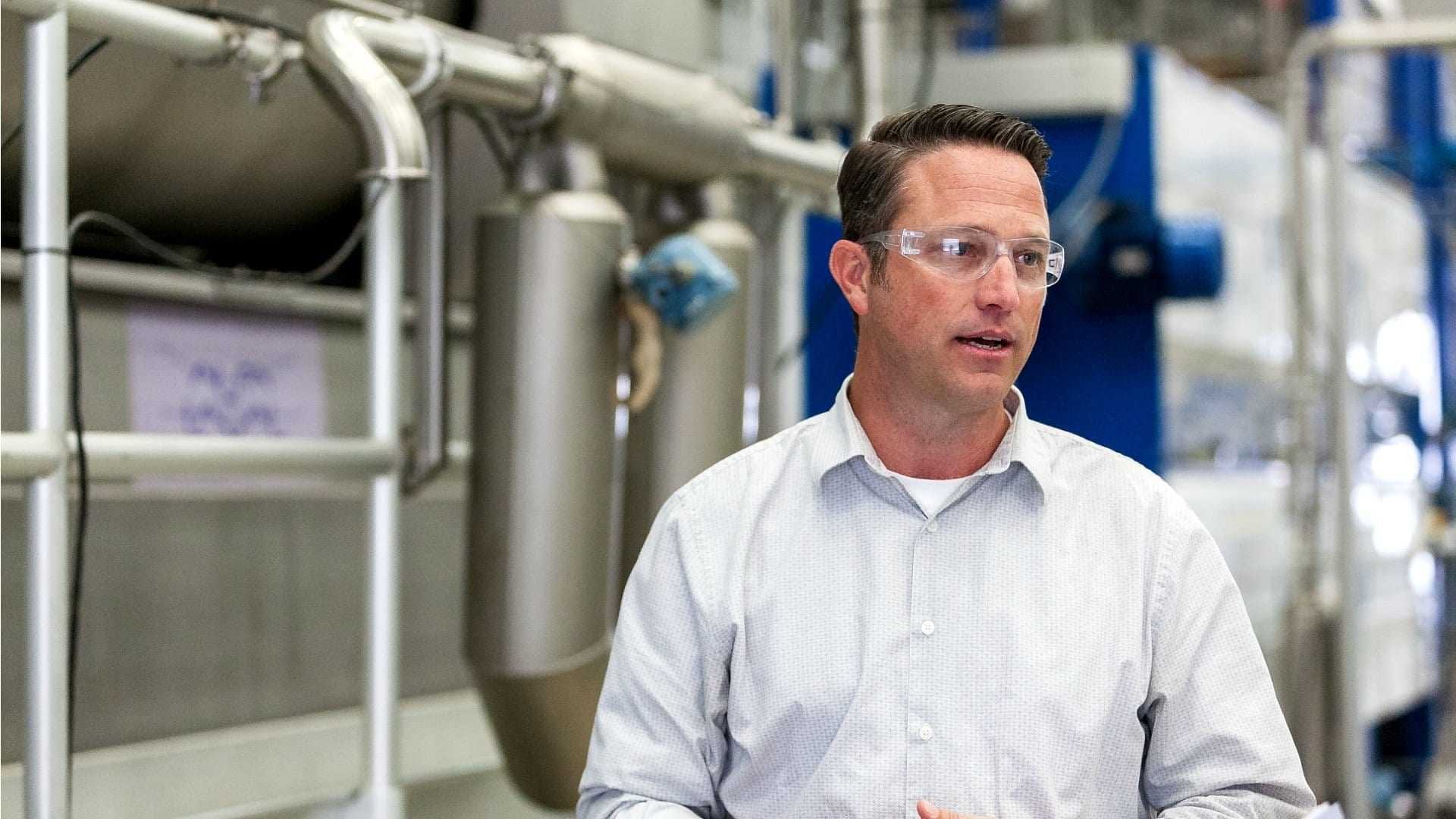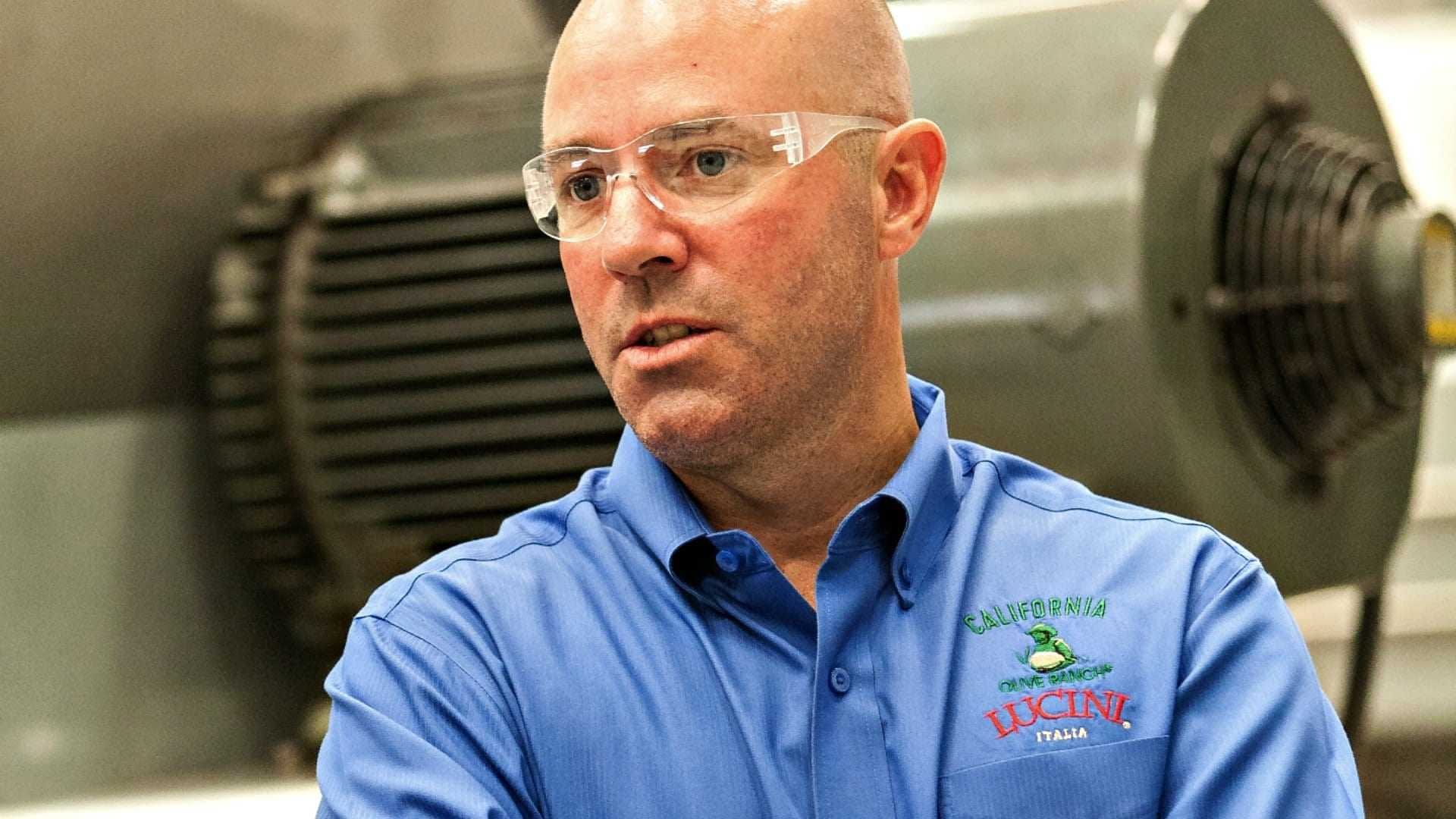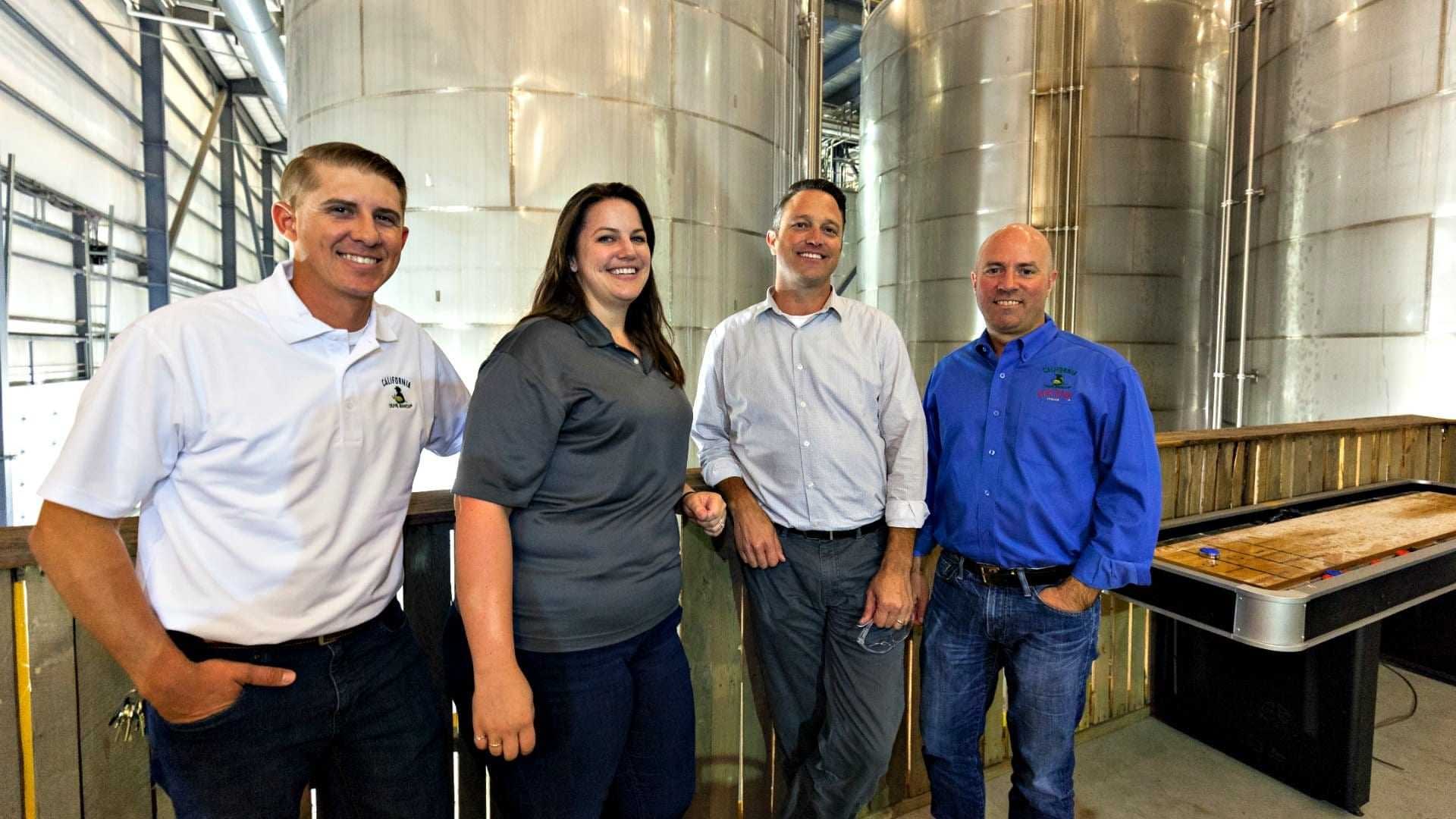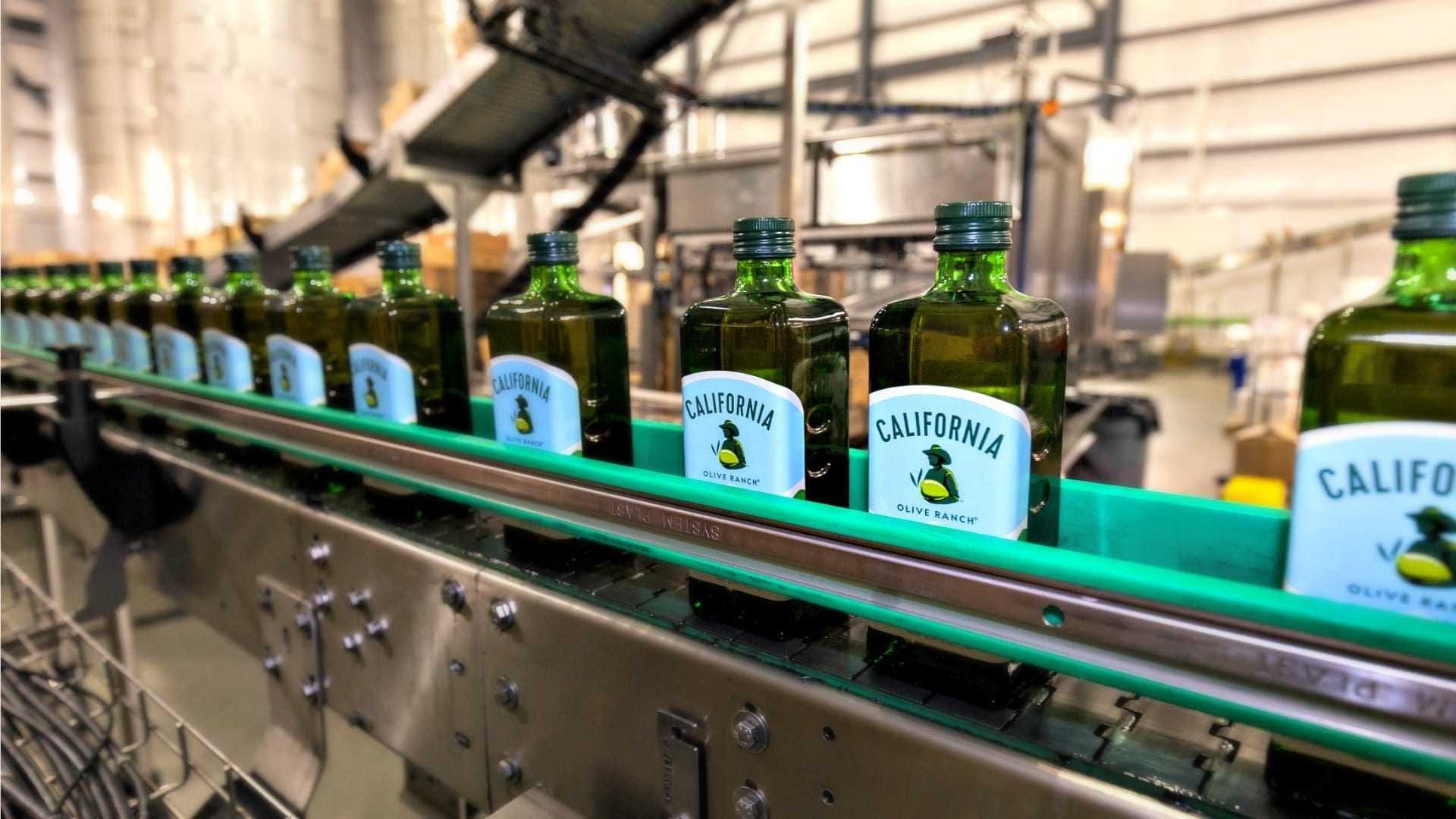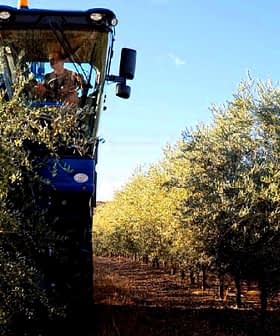California Olive Ranch: Defying Tradition
With a focus on technology, Gregg Kelley and his team seek to produce high-quality olive oil on a large scale.
 California Olive Ranch CEO Gregg Kelley (Phtos: Ron Putnam for Olive Oil Times)
California Olive Ranch CEO Gregg Kelley (Phtos: Ron Putnam for Olive Oil Times)Since embarking on a mission to bring large-scale olive oil production to California in 1998, California Olive Ranch (COR) has honed its operations to replicate what CEO Gregg Kelley and his associate Jim Lipman, VP of production operations call the “model of an Italian mill using the equipment of a Spanish mill.” Simply put, California Olive Ranch’s current business model aims to produce high-quality olive oil while utilizing mass production means.
The methods that COR employs are designed to subvert the “tradition” that Kelley blames for the shortcomings in the olive oil industry.
From testing new hedging methods on the olive trees that populate their groves to fine-tuning their milling process, the company constantly seeks new ways to maximize efficiency and quality.
By tracking each batch of oil from its growth on the tree to the moment it’s bottled, the efficacy of each initiative is uniquely measurable.
In farming, results related to quality are held in the same esteem as those related to quantity. Kelley explained that he would rather have a consistent, healthy crop every year rather than a robust one followed by a weaker crop the next: pruning and hedging methods are closely analyzed to achieve this goal.
With its advancements, Kelley noted that COR practices “agricultural learning” and that each experiment is a gamble of sorts. The company’s use of data allows “informed bets” on each new crop.
Often those bets pay off: COR won three Gold and two Silver Awards at the 2017 New York International Olive Oil Competition.
Harvests are conducted with a mechanical harvester, one that the company developed with the help of the Oxbo in 2008 that has since become an industry standard, according to Kelley.
The innovations don’t stop once the olives have been plucked from their trees. COR is exploring a variety of efforts aimed to produce a better quality product on a large scale, both within their own Chico-based mill and beyond.
The company recently announced partnerships with South American-based producers, particularly in Argentina, where COR has sent staff members to assist with agricultural and export legislation matters.
As the fast-growing company strives to accommodate consumer palates, each blend is not only reviewed by a sensory panel for quality, it also undergoes a standardization because, as Lipman put it, “Cheerios should always taste like Cheerios.”
Kelley and his team of certified testers, including Mary Morin and Logan Jennings of the Argentina team, assert that as consumers continue to become more acquainted with high-quality olive oil, their tastes will continue to change. Kelley noted that “demand is insatiable” at this point, as consumers are just beginning to awaken to the possibilities.
Rather than looking to export the fruits of their labors to foreign markets, Kelley explained that COR’s primary potential still lies within the United States. Between the company’s two brands, California Olive Ranch and Lucini, COR’s market share accounts for around eight percent of American olive oil sales.
Rather than growing their market share relative to competitors, Kelley said he hopes to “grow the pie” by increasing overall American olive oil consumption through education. He called public relations outreach the company’s “greatest tool” to extoll its values in a way that disseminates the necessary technical information while appealing to consumers’ emotions.
Though COR’s unique mission doesn’t quite match that of any of its competitors in the industry, Kelley said its success could spell profits for every company operating with the equation.
He pointed out that California Olive Ranch-branded products currently sell at a 50 percent price premium relative to the category — Lucini at a 180 percent premium.
Traditionally, power and profits belonged to a select few bottlers and investors. In Kelley’s ideal world the power is handed back to growers and producers, which he said can be achieved if producers have a voice. As Kelley goes on to claim, COR’s success is “proof that it can be done.”

